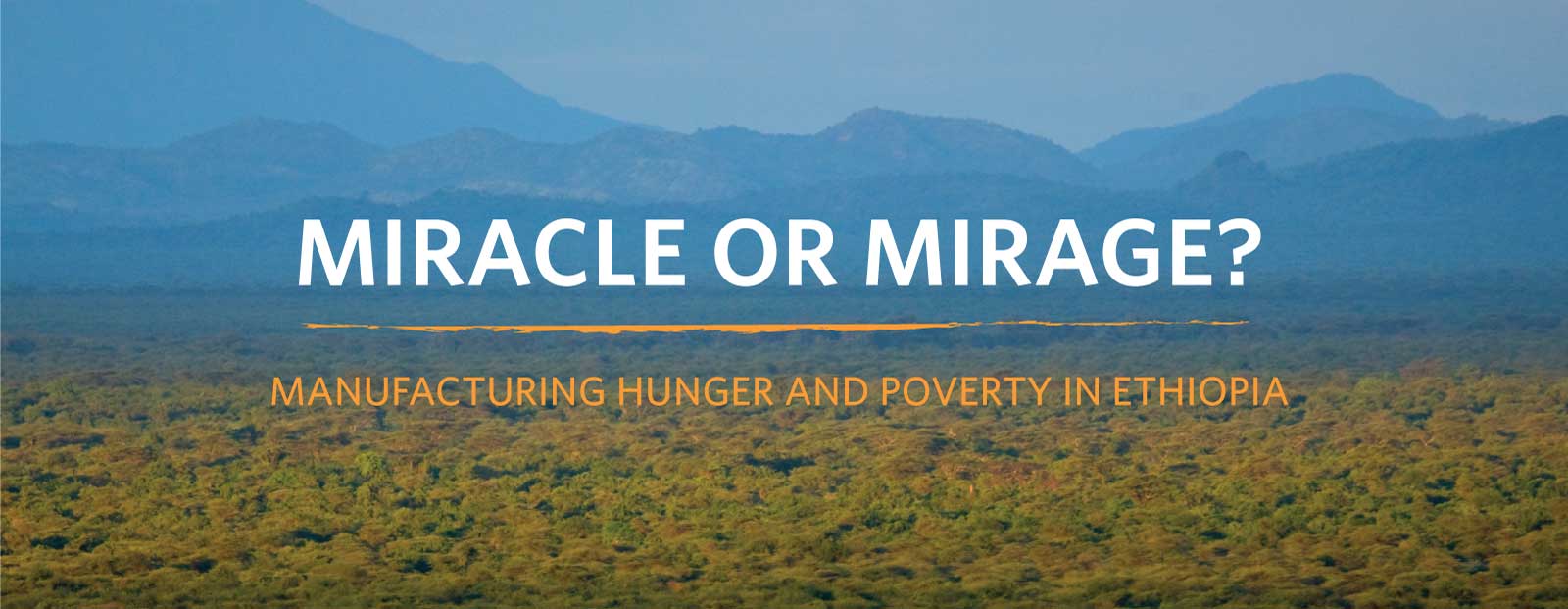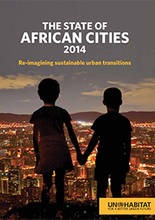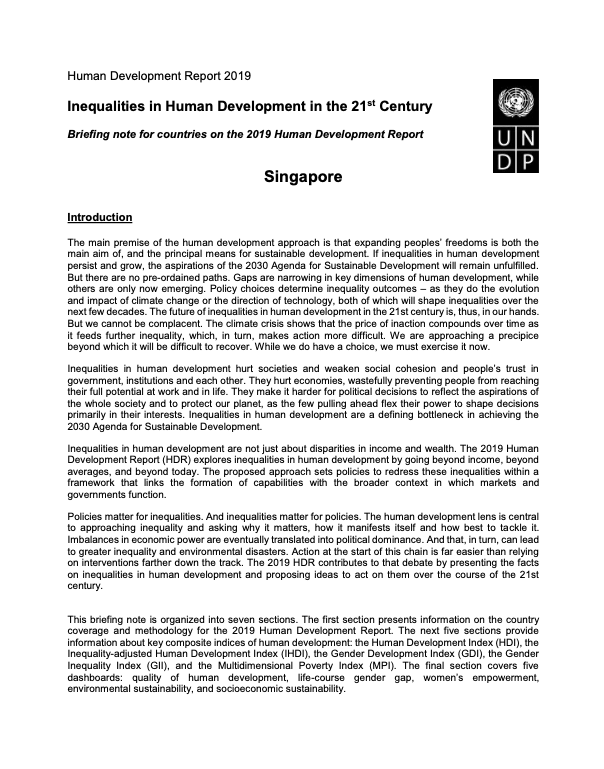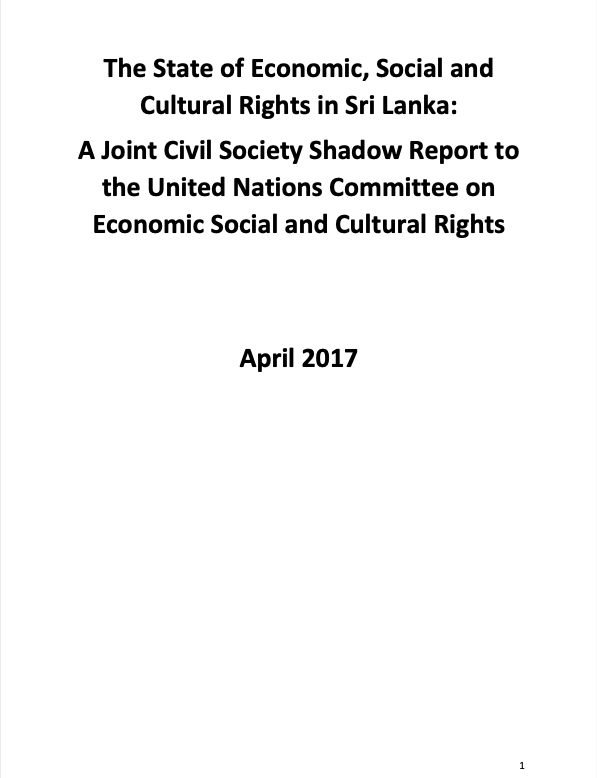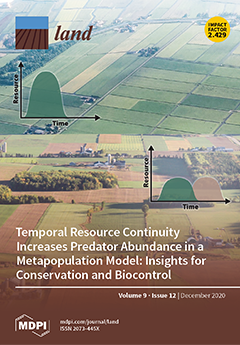Regional Economic Sustainability: Universities’ Role in Their Territories
The sustainability of territories (e.g., regions and countries) is currently an issue that should be considered when implementing organizational strategies. The globalization, industrialization, and population growth trends observed in recent decades have forced experts to adopt a sustainable approach capable of guaranteeing that a population’s present needs can be met without compromising future generations’ well-being. Among the essential pillars of successful sustainability strategies, social development stands out as quite important, so the present study focused on it.



